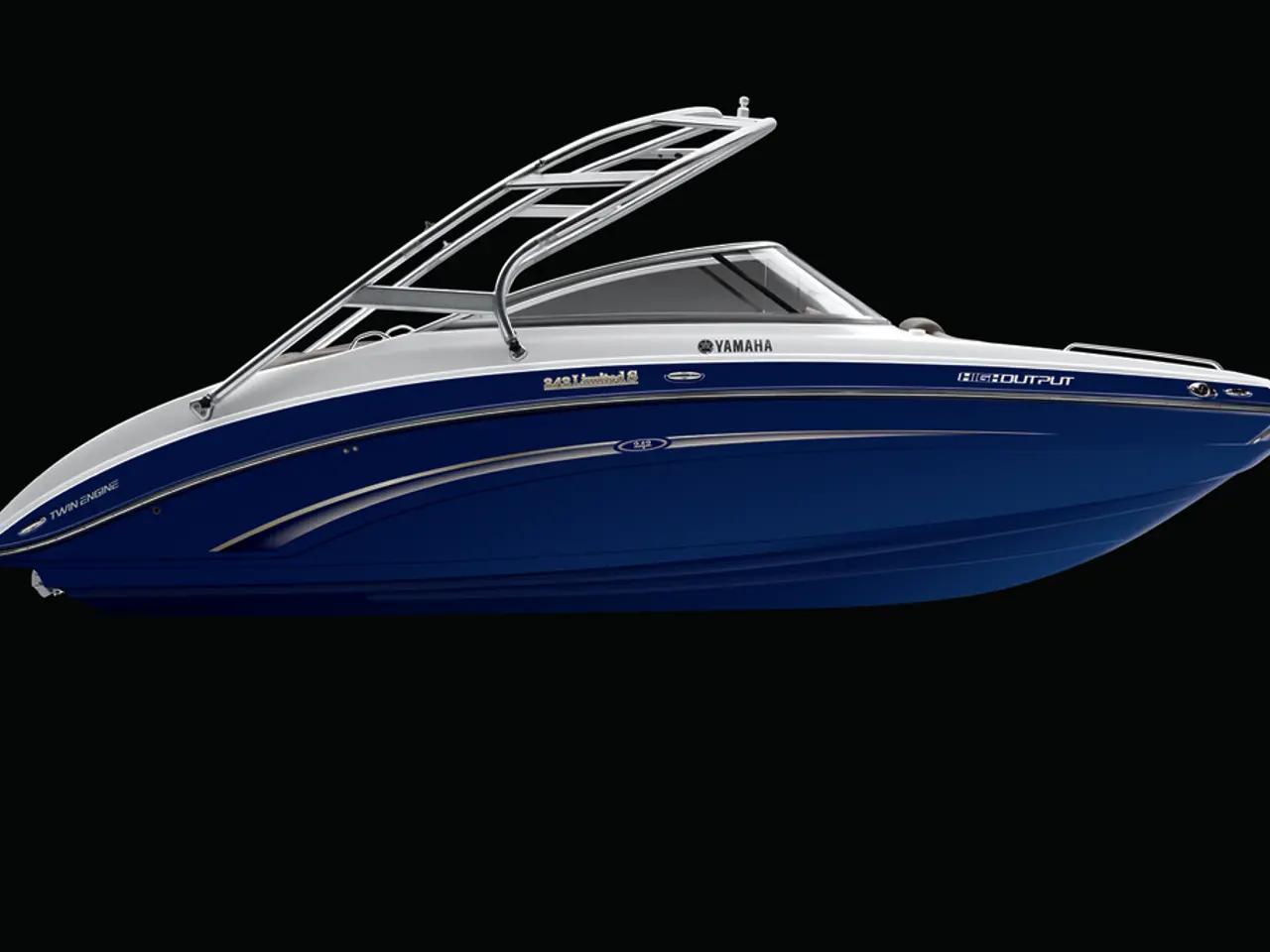Ship Laden with Flaming Electric Vehicles Sinks Near Alaska's Shorelines
The cargo ship, the Morning Midas, met with a tragic fate approximately three weeks ago. Sailing under a Liberian flag and managed by Zodiac Maritime, the vessel was en route from China to Mexico, carrying a large load of automotive cargo, including 70 electric vehicles, 681 hybrids, and over 2,000 conventional vehicles.
The ship caught fire about three weeks ago, and the blaze, which originated in the section carrying electric vehicles, caused significant damage. The higher possibility of reignition made continuing on the delivery route a risk. The exact cause of the fire remains under investigation, but it is believed that the ignition of lithium-ion batteries used in these EVs may be the culprit.
The fire, known to be intense and difficult to extinguish, burned for about a week before firefighting crews were able to reach it. Despite the efforts of the crew, the ship's CO2 fire suppression system was ineffective against this type of fire, and the blaze could not be contained. As a result, the crew was evacuated by lifeboat and picked up by a commercial ship shortly after the initial fire broke out on June 3.
The sinking of the Morning Midas created the potential for an oil spill due to the ship fuel on board, but none of the cargo was salvaged before it sank. The ship sank to about 16,400 feet deep, making direct investigation on site extremely challenging, making it difficult to obtain conclusive evidence beyond existing crew reports and initial findings.
The sinking of the Morning Midas is a significant loss for the international shipping industry and may cause delays in the delivery of new cars, as it was carrying a significant amount of automotive cargo. Both Liberia and Zodiac Maritime are expected to conduct investigations into the cause of the fire on the Morning Midas.
It is currently unknown if the electric vehicles played any role in the initial fire, but lithium-ion batteries present a risk of chemical exposure for those fighting the flames. The ship was approximately 360 nautical miles from the coast of Alaska when it sank, making it a challenging rescue operation.
Lithium-ion battery fires are known to be intense and difficult to extinguish, often requiring vast amounts of water. The sinking of the Morning Midas is a stark reminder of the risks associated with the transportation of electric vehicles and the need for continued research and development in fire safety measures for these batteries.
- The fiery demise of the Morning Midas, a ship carrying a vast array of technology such as electric vehicles and hybrids, has sparked concerns in the tech industry about the safety of lithium-ion batteries.
- As the future of transportation leans towards electric vehicles, the environmental-science community is closely watching the aftermath of the Morning Midas, a ship that sank due to a fire believed to have been caused by these very vehicles.
- The finance industry is bracing for potential disruptions, as the sinking of the Morning Midas, loaded with over 2,000 conventional vehicles and 70 electric ones, may cause delays in the delivery of new cars.
- The shipping incident involving the Morning Midas, a vessel carrying a significant amount of automotive cargo, sheds light on the impact that climate-change may have on the industry, as the intensifying fires are becoming a growing concern.
- The disaster that befell the Morning Midas, a cargo ship sailing under a Liberian flag, serves as a reminder of the environmental challenges that the shipping industry faces in the modern age, particularly in the handling and transportation of lithium-ion batteries.




